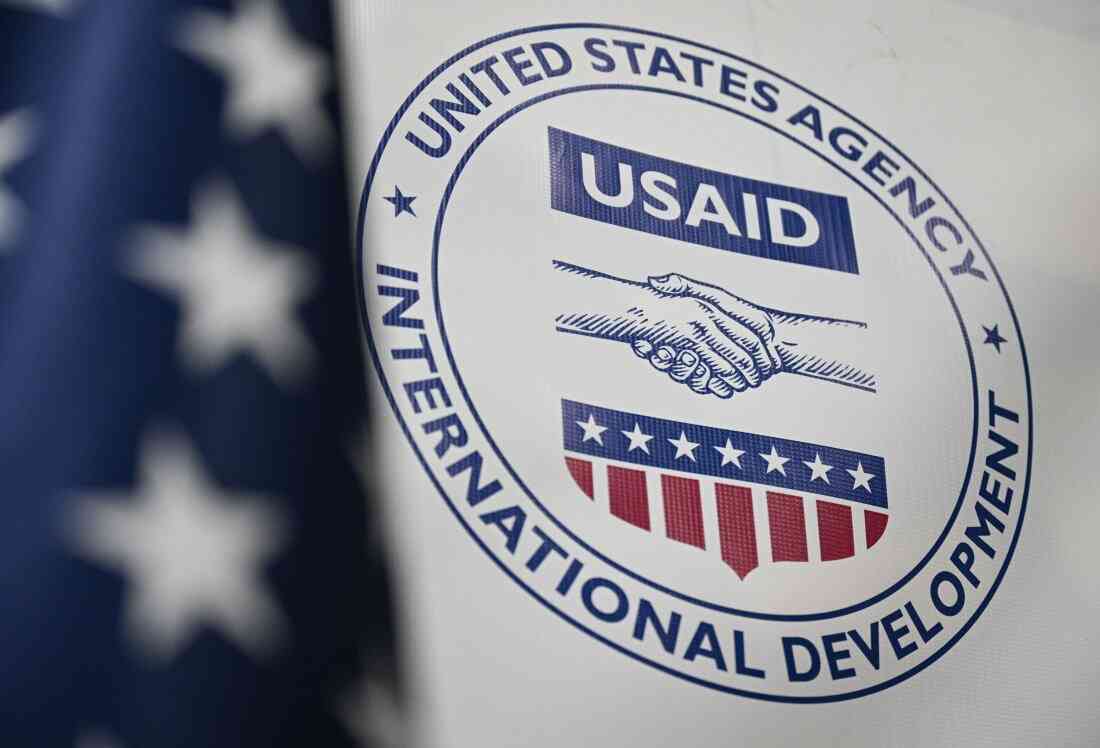
THE world has been grappling with the news that the United States (US) has paused all foreign assistance funded by or through the State Department.
All foreign assistance programmes are being reviewed to ensure they are efficient and consistent with US foreign policy under the America first agenda.
The pronouncement sent shockwaves to many people who were caught unaware, leaving many to wonder what the future holds for HIV and Aids, tuberculosis and malaria patients, not forgetting the role played by the United States Agency for International Development (USAid) in maternal and child health.
This is the time for us to realise the dangers associated with the dependency syndrome if we do not have reliable alternative funding models in the country.
Many organisations such as USAid or the US President Plan for Aids Relief (PEPFAR) programme have played a significant role in tackling diseases like Aids, tuberculosis, malaria globally.
PEPFAR, the cornerstone of the global HIV response, has been operational for over 20 years, providing HIV treatment to more than 20 million people, including 566 000 children under the age of 15 across more than 50 countries.
PEPFAR has been implementing comprehensive HIV programmes in Zimbabwe since 2006 through USAid and Centers for Disease Control and Prevention with the goal of achieving an Aids-free generation.
The focus of the PEPFAR programme is to achieve epidemic control and this can be realised by ensuring that at least 90% of people living with HIV know their status, 90% of those who know their status are adherent to anti-retroviral treatment (ART) and 90% of those on ART are virally suppressed and no longer spread the virus.
- Education crisis mirrors national problem
- USD fees: Govt policy failure hurting parents
- Zim has 2nd highest rising food prices: WB
- US raises red flag on abuse of journos in Zim
Keep Reading
The PEPFAR portfolio covers the entire spectrum of HIV prevention, care and treatment services and has contributed to a reduction in HIV incidence among the 15-49 year olds.
My heart bleeds when government officials worry about the consequences of US assistance withdrawal on our health delivery system.
We are an independent country with a wide array of mineral resources which, if properly used, have the potential to sustain our economy for a long time.
In 1999, the Zimbabwean government introduced the Aids Levy and it became effective in 2000, which requires formal employers and employees to contribute 3% of their income towards the fund.
The Aids Levy should fund HIV and Aids prevention, care and treatment and is managed by the National Aids Council (Nac).
It is estimated that at least US$6 million is generated monthly from the Aids Levy in the country and this fund has great potential to drive HIV and Aids programmes in the country.
Many people do not seem to appreciate the existence of such a levy in the country.
We need better accountability at NAC at this juncture when the country faces serious health threats after the withdrawal of perennial health donors.
What we do not like is a situation where the country starts to run short of life-saving anti-retroviral drugs merely because USAid, PEPFAR have withdrawn their assistance yet for 25 years we had a rigid fund that should be well established by now.
Transparency, accountability and honesty are the cornerstones of each and every organisation everywhere.
A lifestyle audit of some managers at Nac should be carried out as a matter of urgency to ascertain if there is no misappropriation of funds.
Our government has introduced sugar tax and at least US$30,8 million has been collected since the gazetting of Statutory Instrument 16 of 2024 on February 9, 2024.
This money is supposed to be channelled to healthcare improvement, with a specific focus on enhancing cancer diagnosis and treatment services.
Zimbabwe has only two public radiotherapy machines, a few Computed Tomography scans and negligible Magnetic Resonance Imaging scans and if we have improved accountability, I do not understand why our health delivery system continues to be in the doldrums.
We have many resources at our disposal, but perennial problems like corruption, lack of accountability and mismanagement continue to haunt us.
The corruption we see today is nauseating, with tenders being given based on favouritism or cronyism at the expense of meritocracy.
State coffers are being drained daily through inflated prices of commodities, further strangulating an already gasping economy.
We can stand on our own as Zimbabwe if we are ethical in our ways of doing business in the country.
Corruption should be nipped in the bud.










